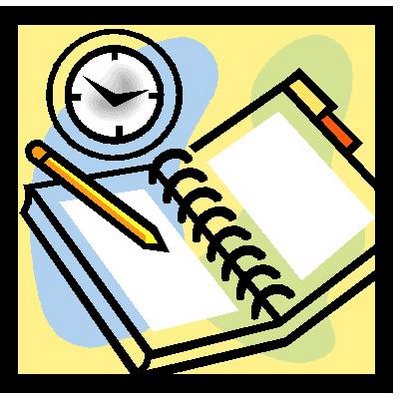
Enriching Revision For English Literature A Level
If you are an English Literature A level student, at this time of year, with examinations just around the corner, you are probably frantically thinking of ways to remember everything you have learned so far. You will have novels full of notes, with Post-Its throughout; highlighters will have been busy, too, and I expect you have scribblings alongside important quotations in poems, and in any other texts you have studied. But there are other things you can do to improve your learning – enrichment is the way to go!
Listen Up
We all love being read to, don’t we? If you are struggling to engage with a poem, see if you can access a reading online, or perhaps a video of something being performed. Not only does this give you a different immersion experience, but it allows you to hear something that you are probably very familiar with. This is a useful way of helping you revise a text.
Grab The Popcorn
It’s movie time! Okay, so school isn’t out just yet – but that doesn’t mean you can’t watch a movie to help you with your A-Level revision. This is particularly useful for Shakespeare, where you may well be writing about one of the Bard’s plays in terms of how it impacts on an audience, and how it works as a piece of drama. After all, plays are written to be performed. So, whether this is the tragedy of King Lear or the silliness of Twelfth Night, watching an adaptation of a play can be valuable revision. Just make sure it isn’t going to confuse you!
Get Busy With The Felt-Tips
A-Level study isn’t all about writing countless essays. Yes, this is important, of course, but so is helping you with your approach to revision. Maybe do a mind map or produce some character studies. Coloured pens can help with identifying key features and important quotations. If you are a visual learner, this can be a particularly useful way of helping you with your revision.
English Literature: Context
As an English Literature student, you will know that context is important: when a text was written, how it was received, what social and historical issues were prevalent at the time. Find ways of making this fun and memorable – you could look at YouTube videos, use Spark Notes or Google writers and their lives, for example. There are plenty other such platforms, websites and search engines available to you if you want to go elsewhere, too. If you can get a firm grasp on a what was happening when a text was written, it will help you to go in the right direction.
I hope this is useful. A-Levels are tough, but all the hard work will be worth it. Anything you can do to make the revision journey easier will help.